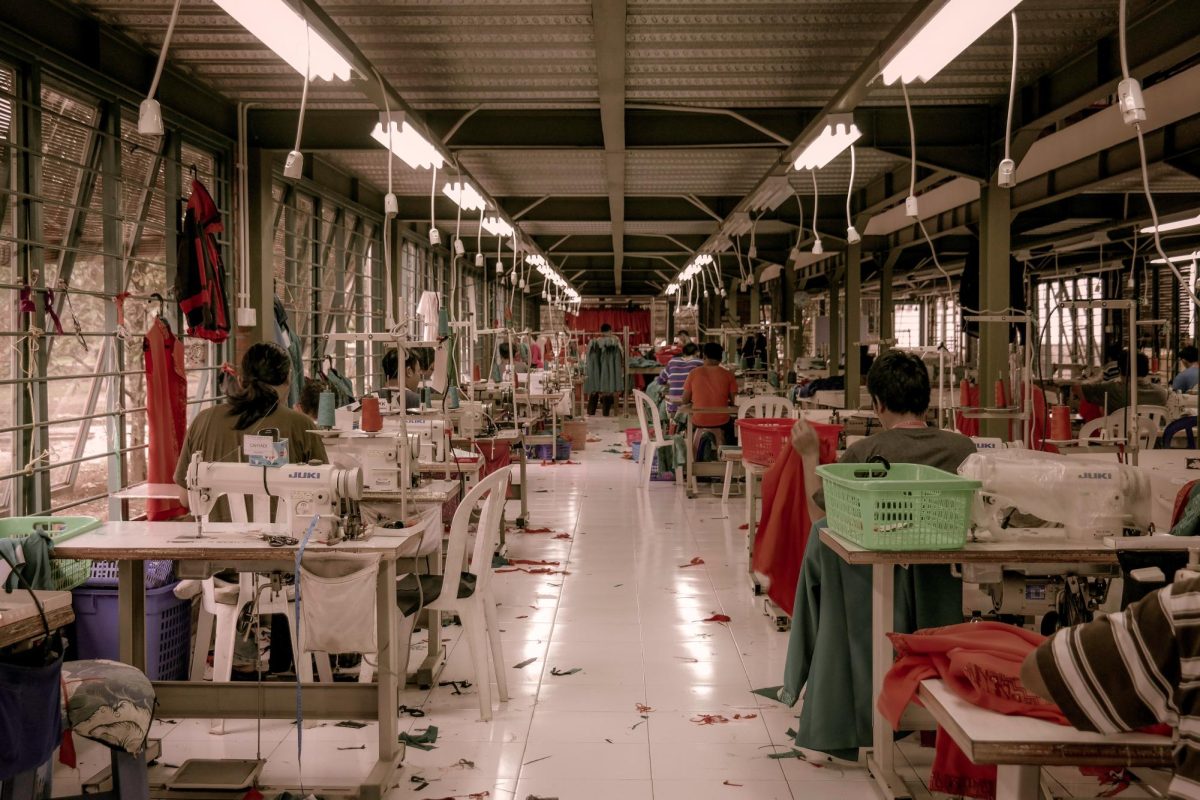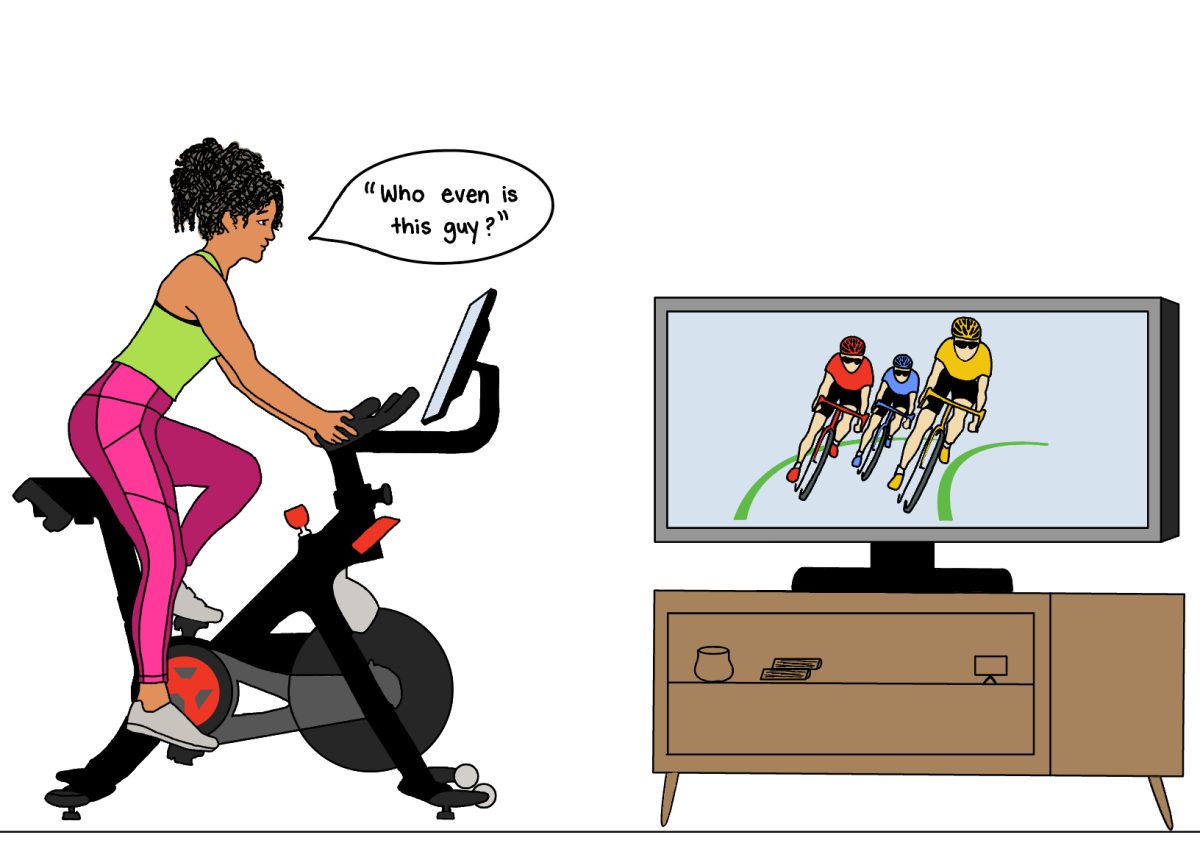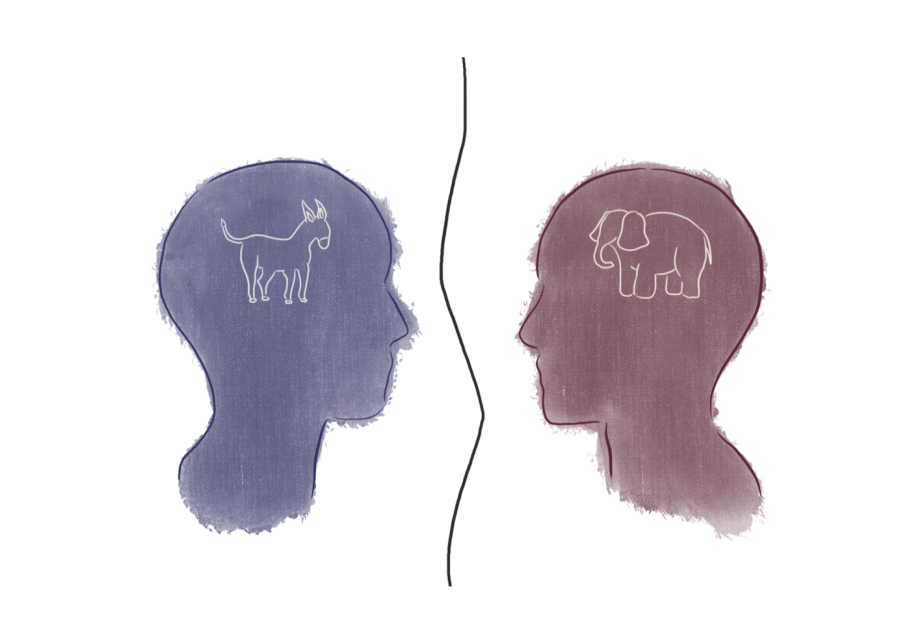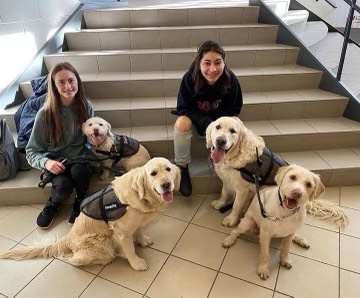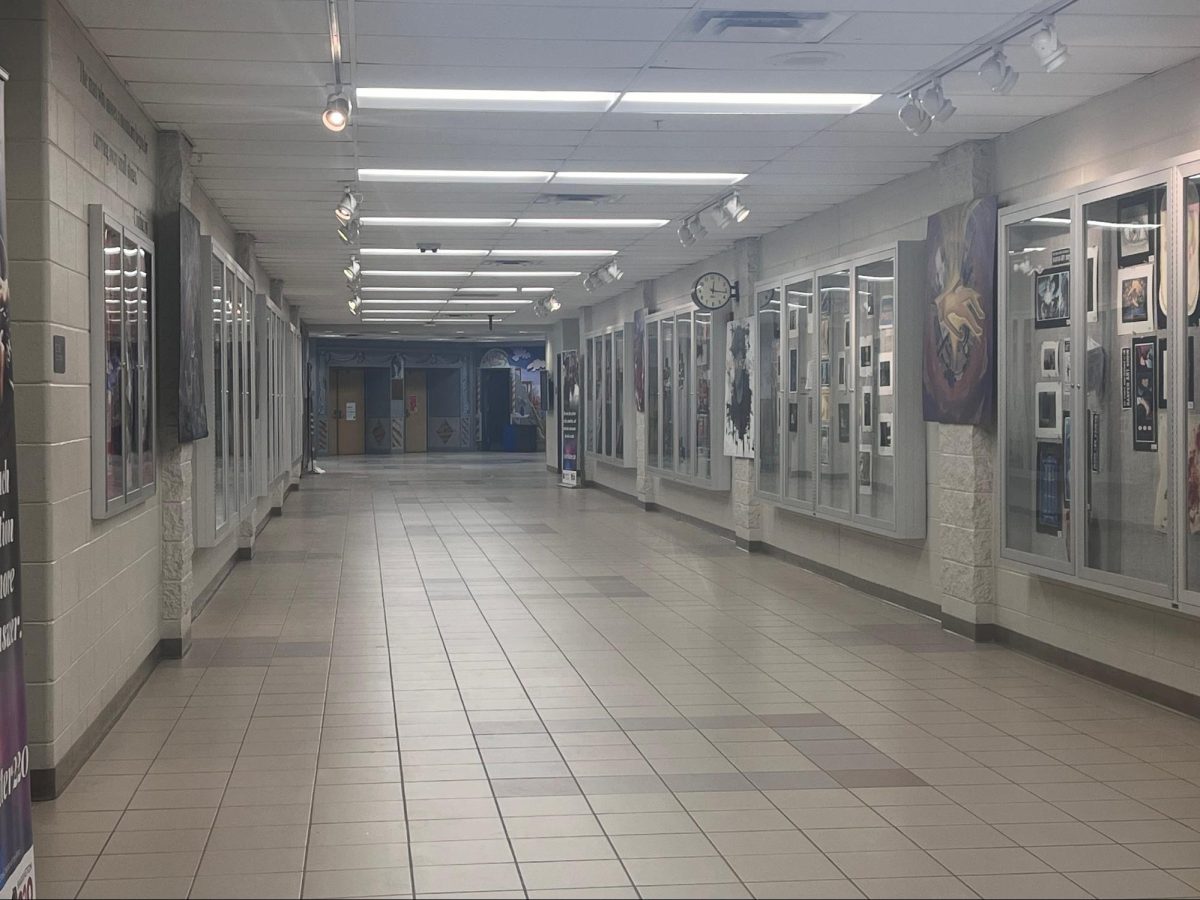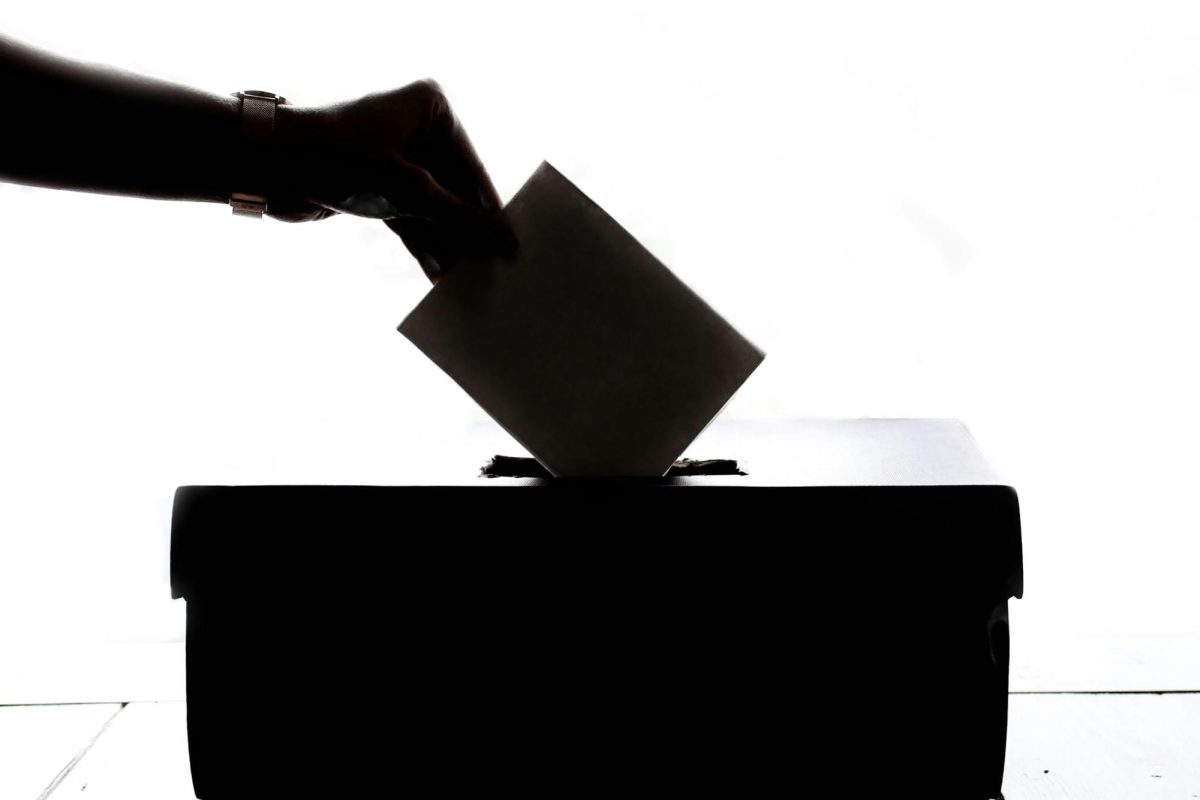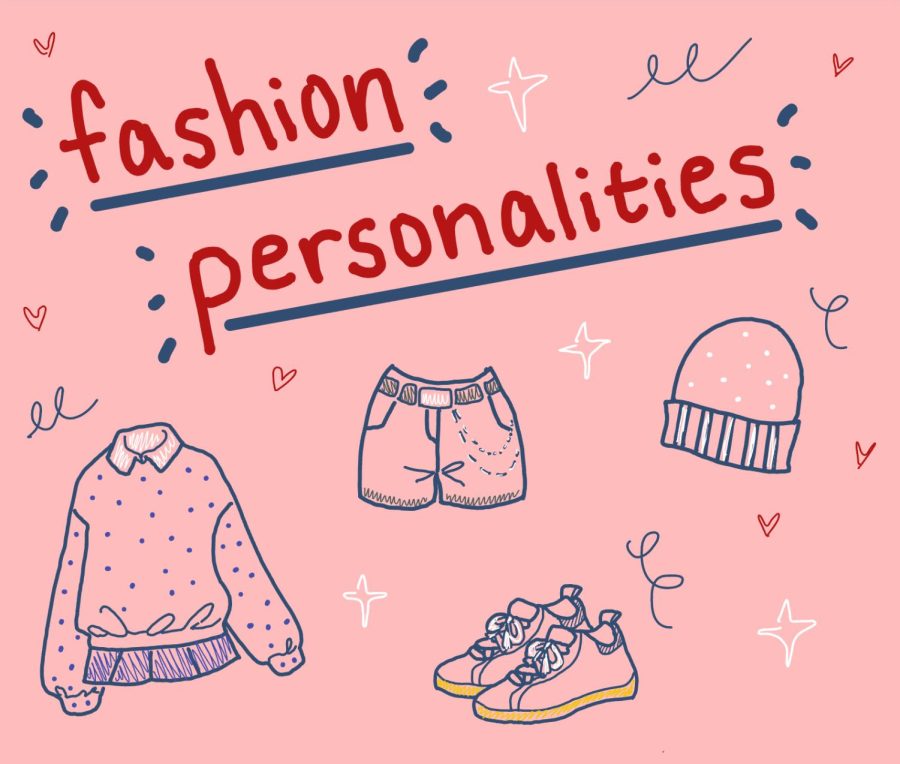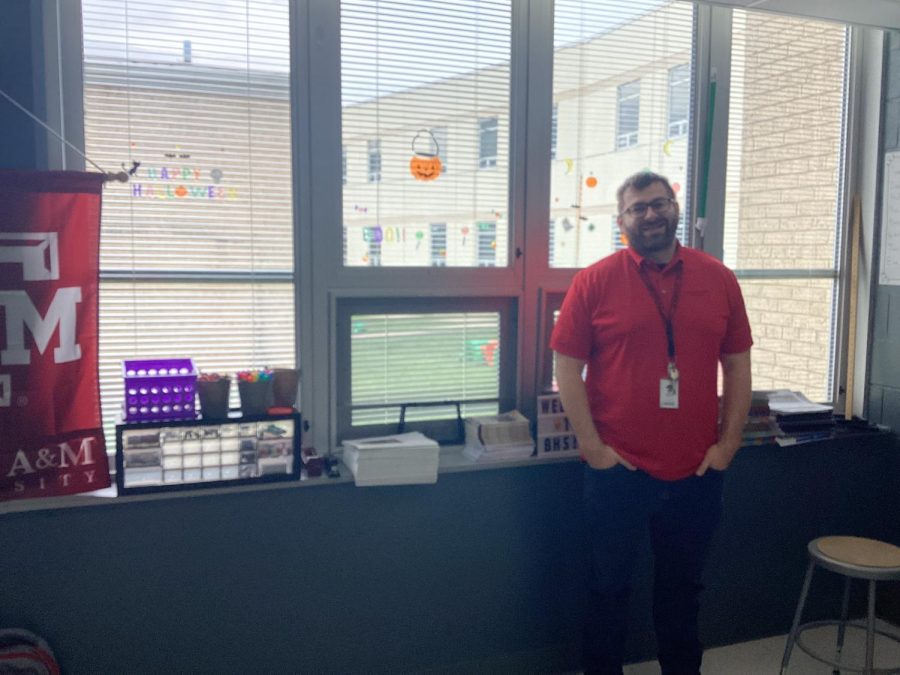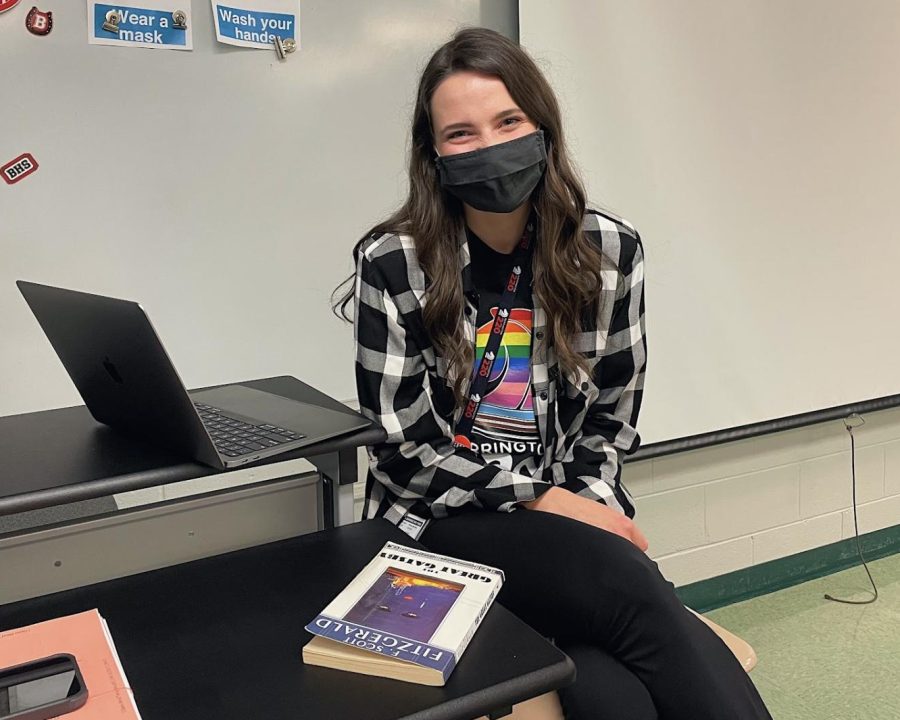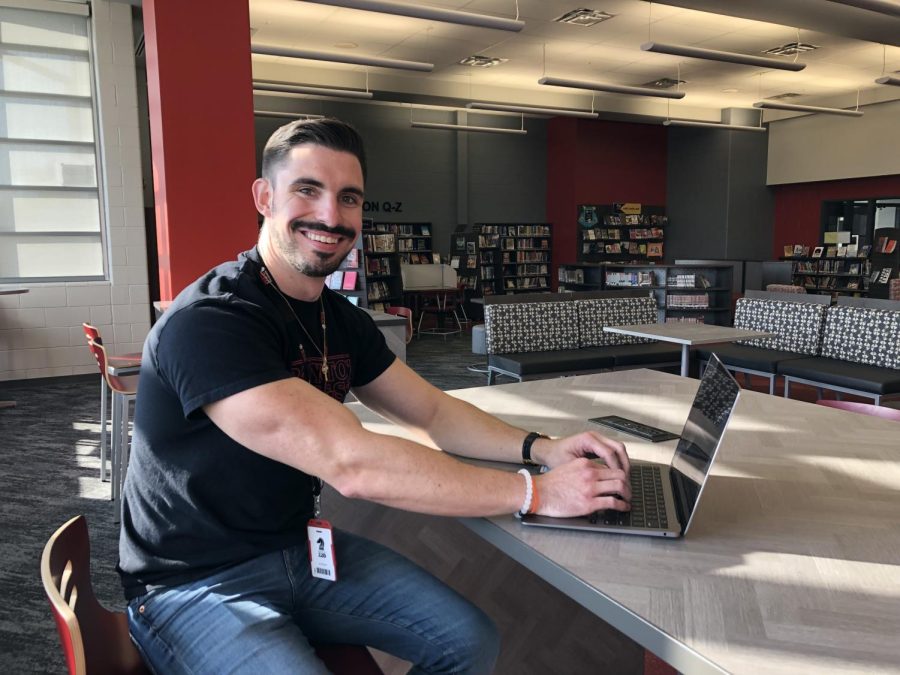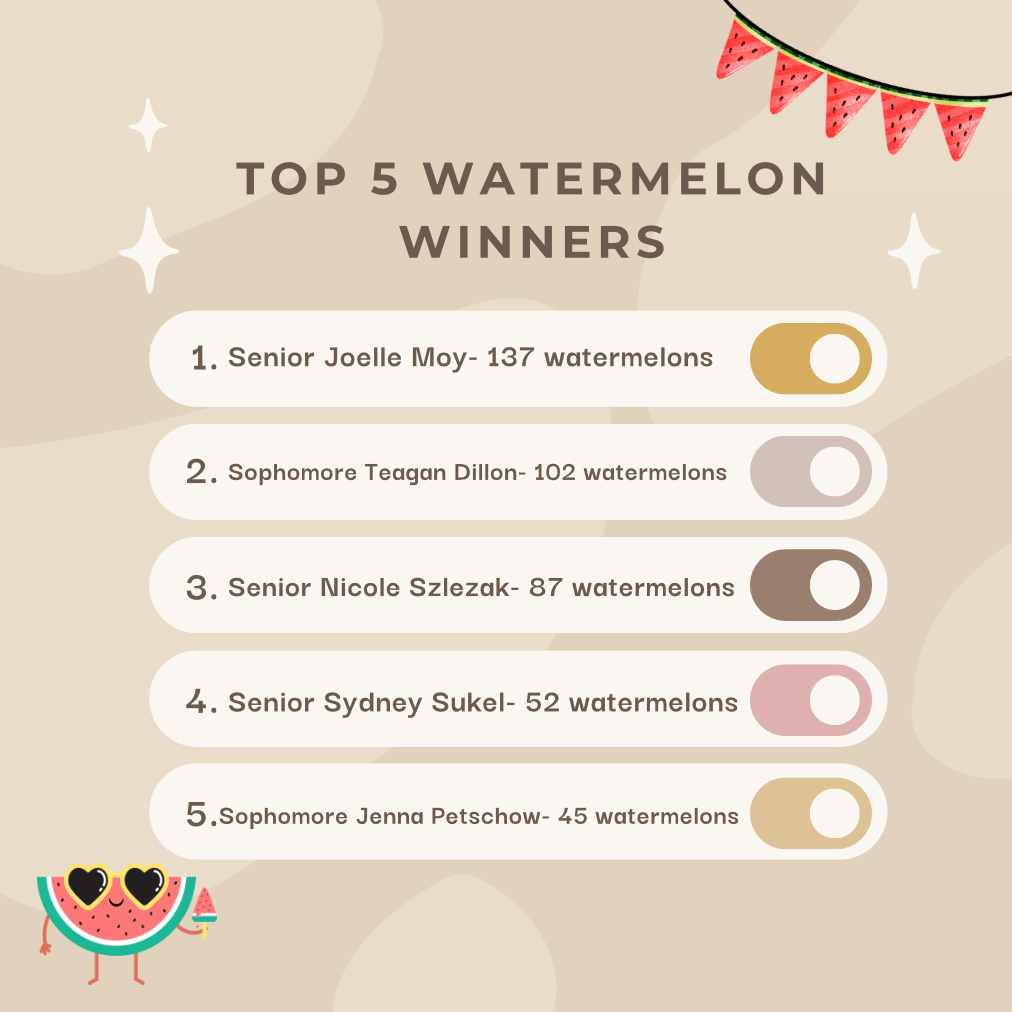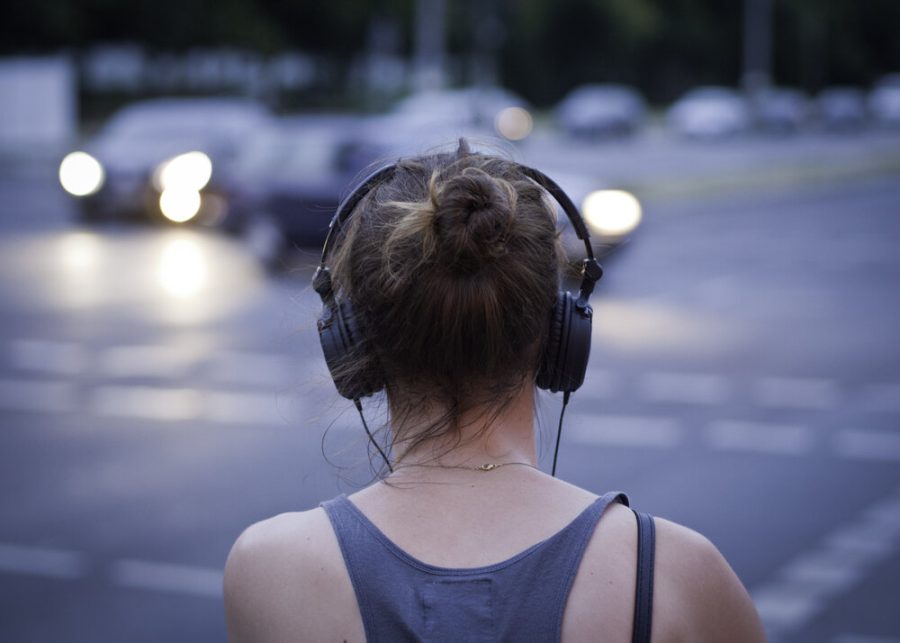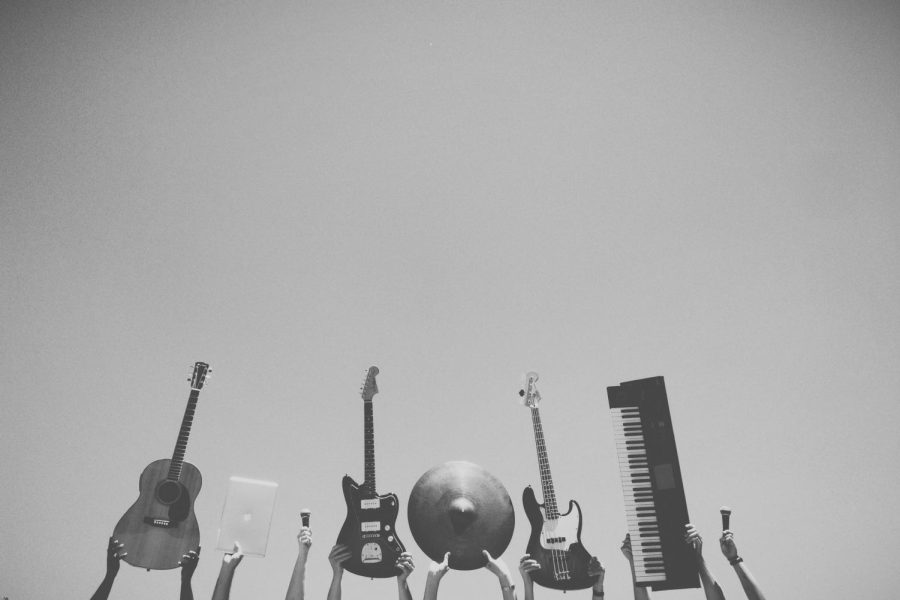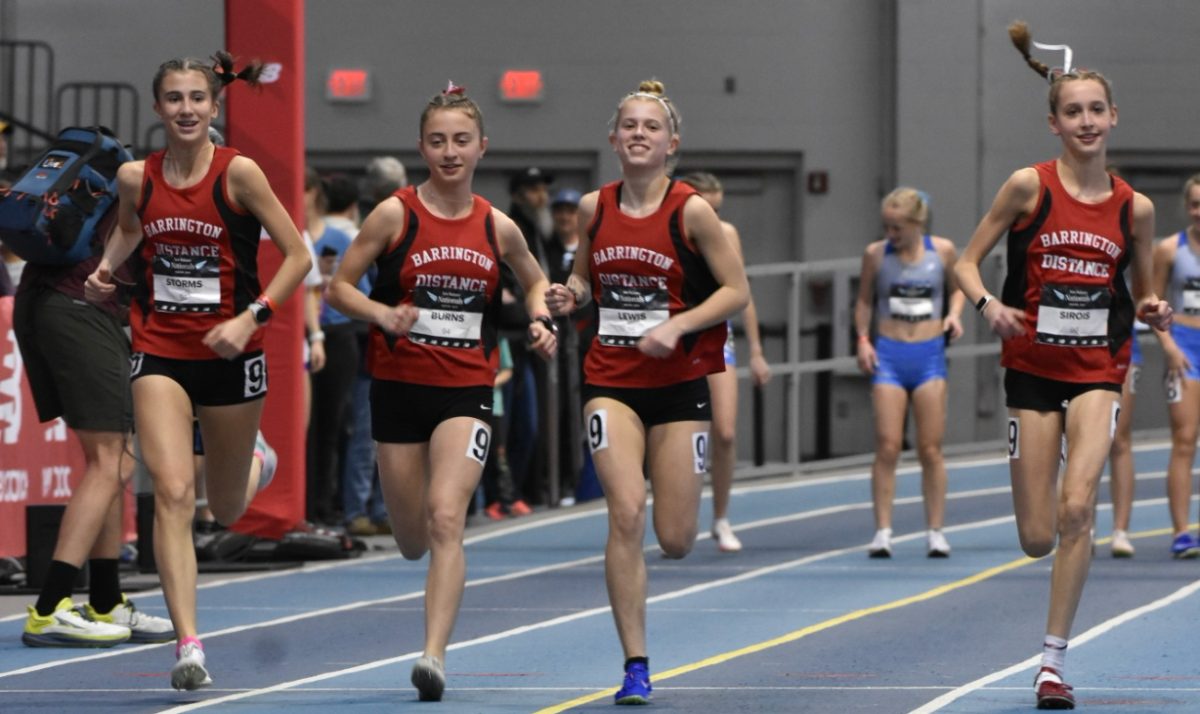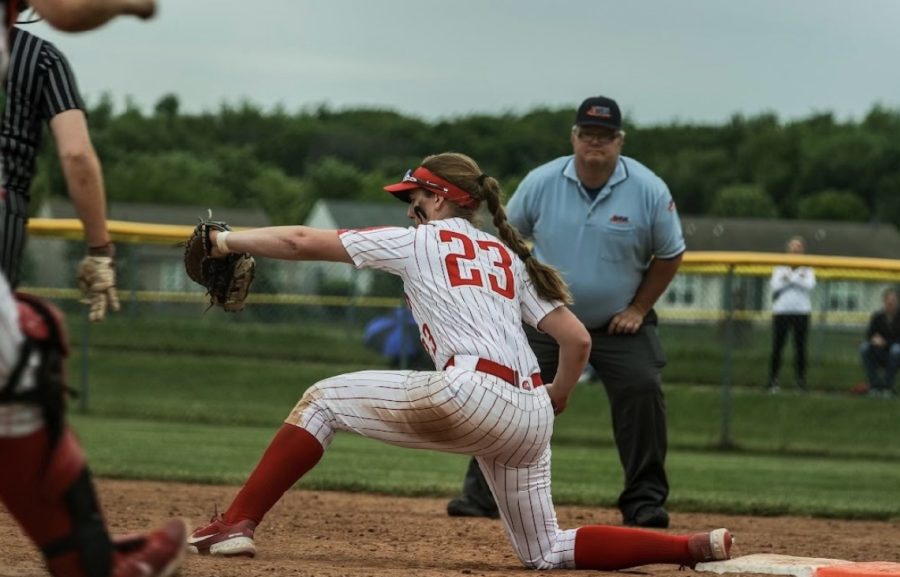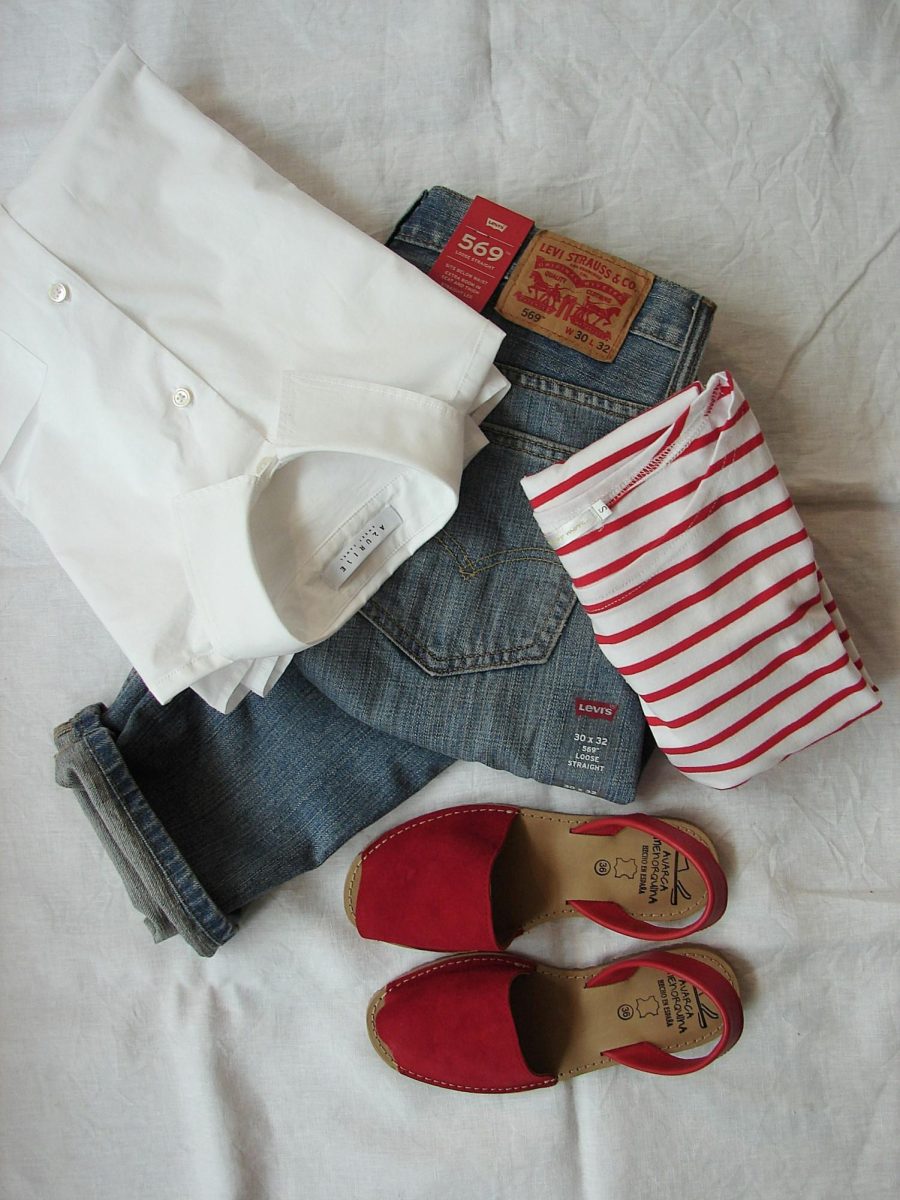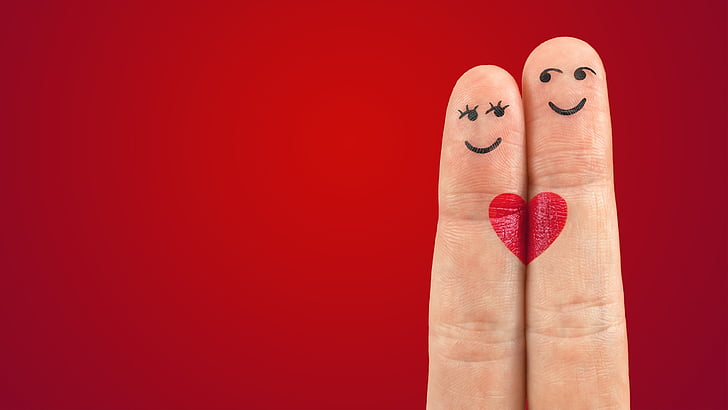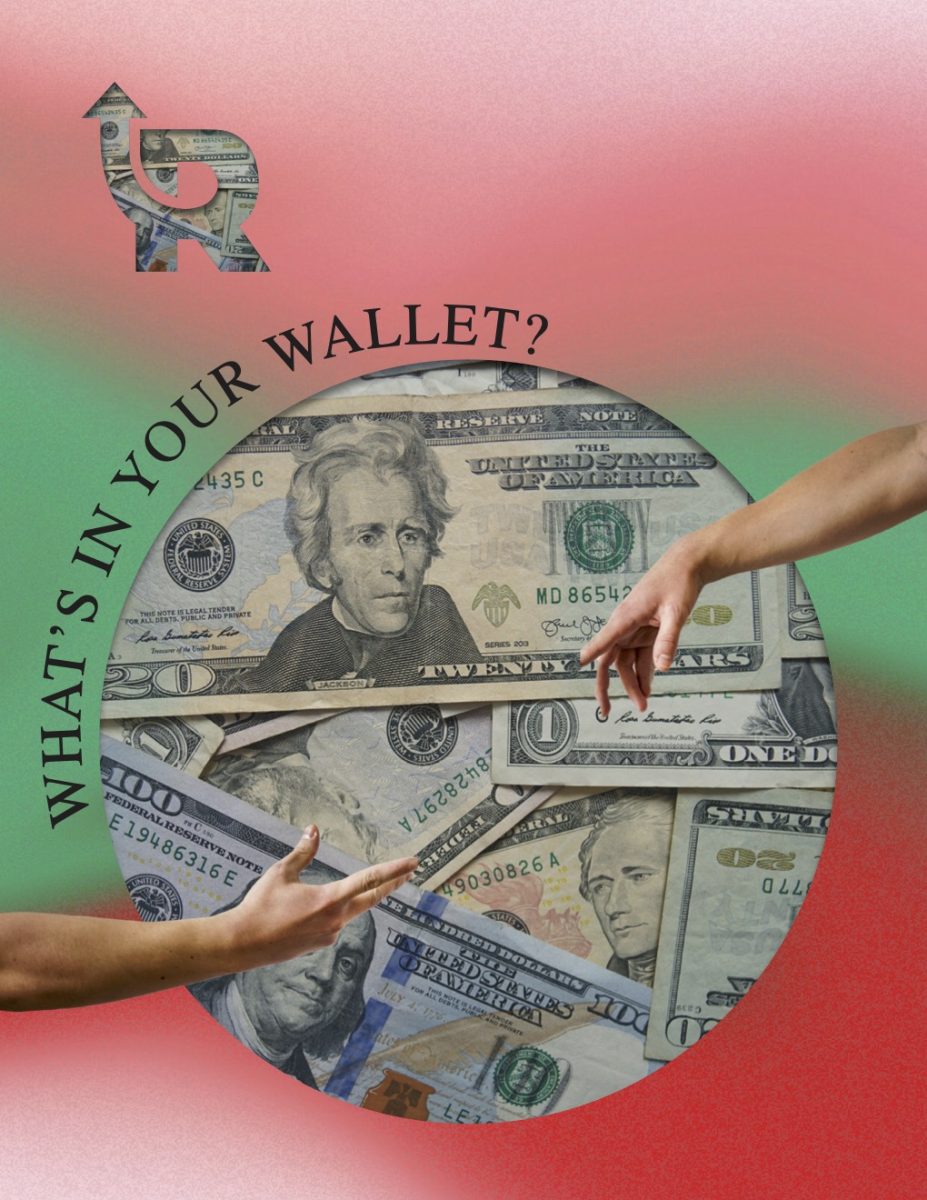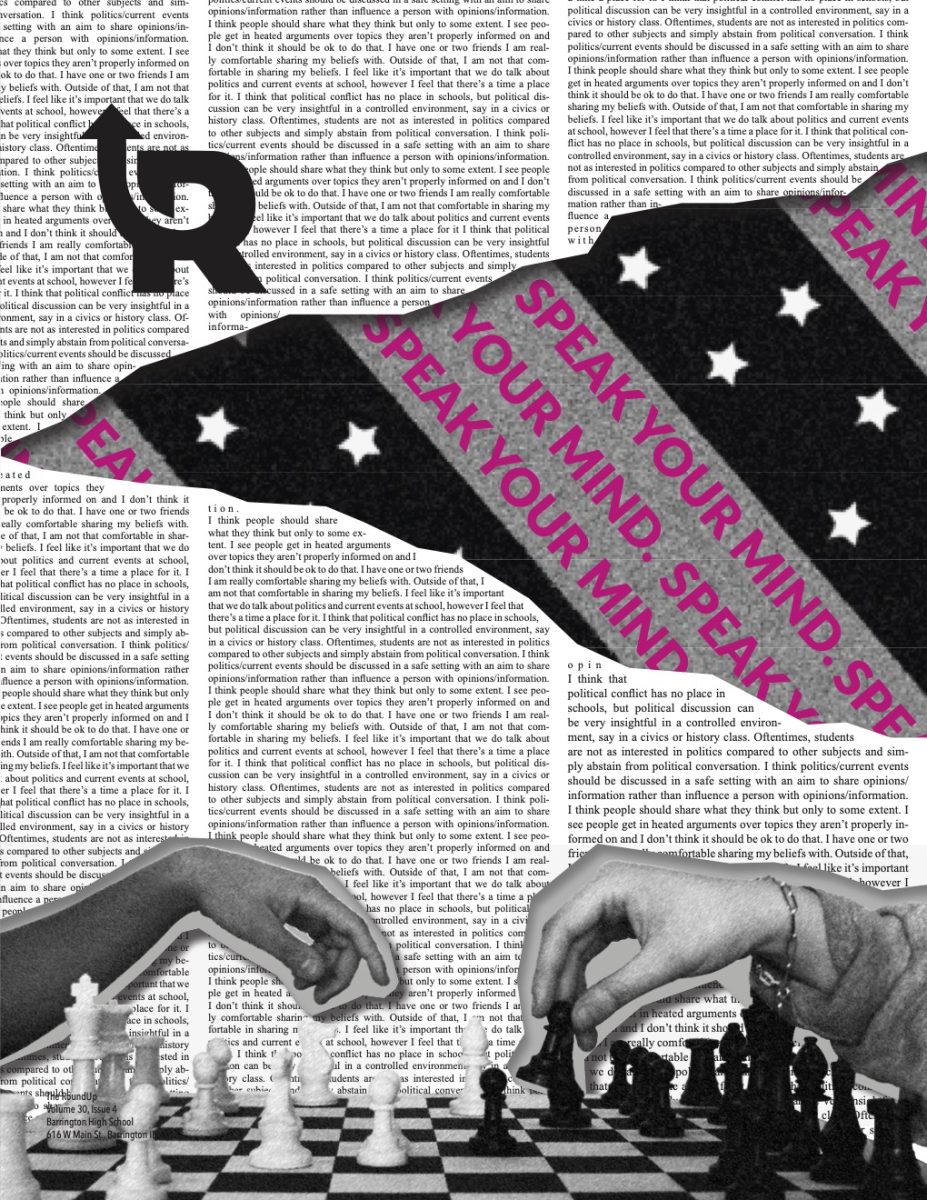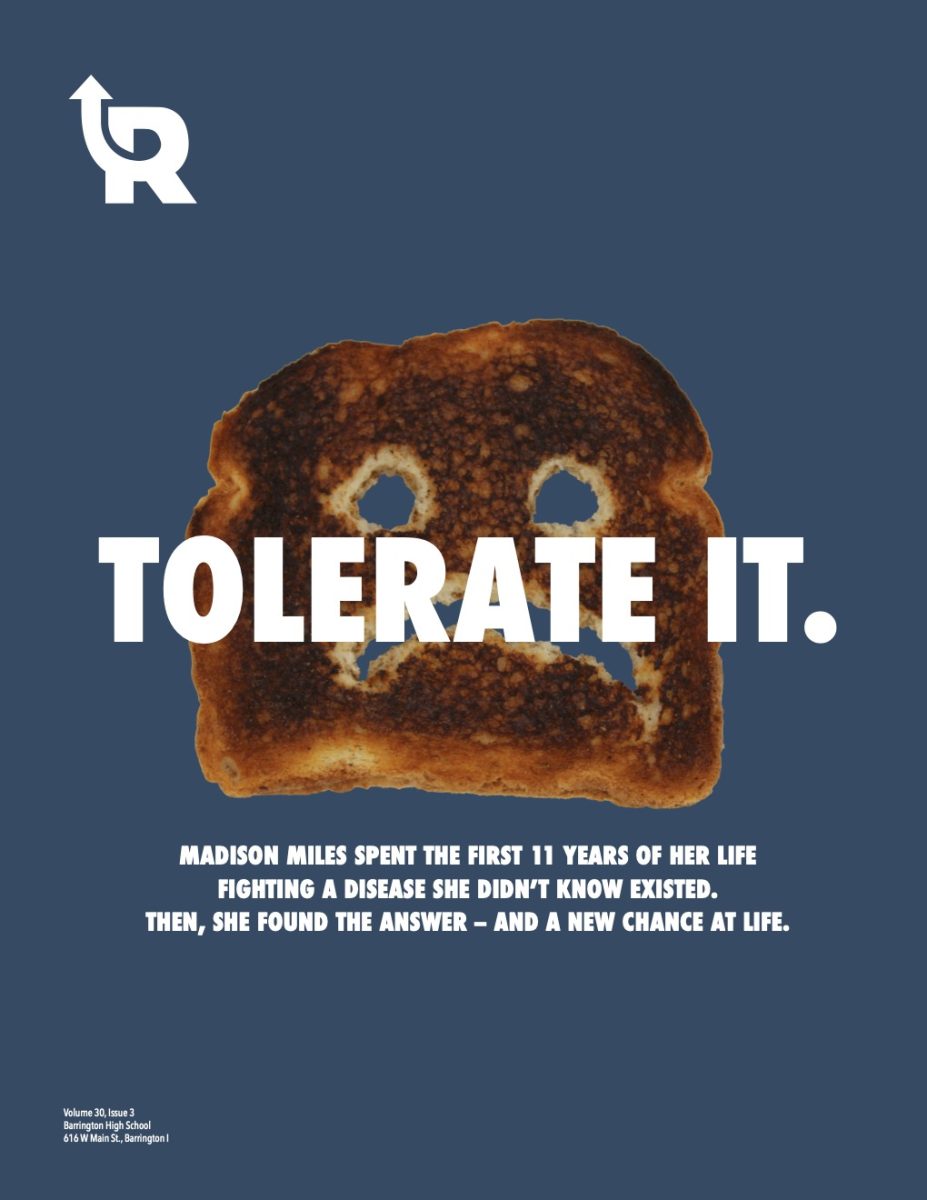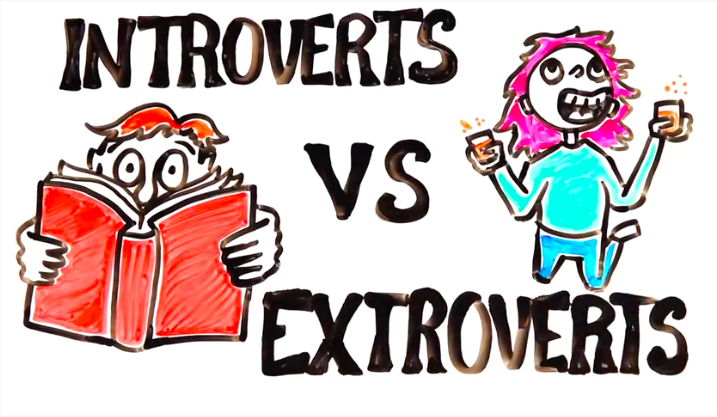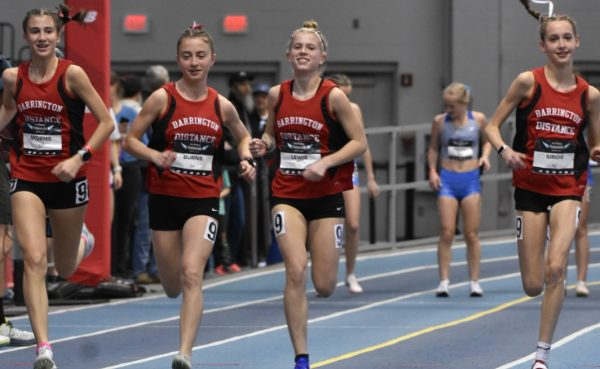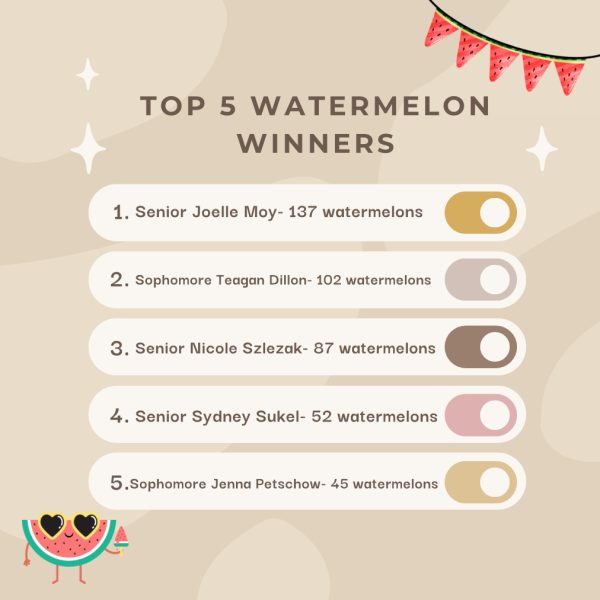Uncovering common social misconceptions
Introvert or extrovert–all of us fall under one of those two categories, right? It’s either one keeps their emotions to themselves and tends to be socially anxious, or they’re screaming what they feel from the rooftops and they’ve got a ton of friends, right?
Well, according to common misconceptions, yes, that would be correct. Factually? Not so much.
While some of these characteristics can apply to either group, what defines one as an introvert or extrovert isn’t how they process emotions or how easy it is to present in front of a class– it’s all about how they re-energize themselves. Taking that into consideration, could it be that the social withdrawal of online learning has affected us differently depending on how we gain energy?
Senior Ava Seberg and junior Anna Hauk–both self-diagnosed extroverts– explain how distance learning has affected their energy levels.
“I haven’t really felt as energized,” Hauk said, “I mean, it’s kind of hard because at school I’m around so many people, talking with friends and people here and there, people I normally wouldn’t get to see. Now that we’re online, you know, everyone has their cameras off and it’s kind of awkward. I’m not as energized, even though I’m home and I don’t have to wake up early to go to school or anything.”
This is someone would expect as a reply from all of those who consider themselves extroverts–after all, they gain energy from socializing. This newfound lack of an energy source had a clear impact on Hauk’s everyday life and activities.
“I felt really energized at the beginning of the school year, but that has since then decreased since it’s my senior year, and the current world circumstances make it hard to stay very energized,” Seberg said.
While both girls felt a decrease in their energy, Seberg’s was more as a result of the current environment, while Hauk’s was more rooted in a lack of interaction and a yearning for normal socialization. If this is the case, it would be logical for introverts to feel more energized and comfortable in the current environment.
And yet logic is defied by seniors Kathryn Howell and Sydney Collins.
“I would say I’ve felt less energized. And a couple of days we went back to school for hybrid, I felt better, just physically. I think I’m way less motivated doing distance learning,” Collins said. “I feel like online school is more draining to me. I’d rather be in-person,” Howell said. “Just staring at a screen all day is hard, and nobody’s talking so it’s hard to stay focused.”
Often, low energy can have side effects on one’s mental and emotional states, whether introverted or extroverted. The effects a situation had on mental health depends on personal interpretation of the situation–whether one has a hard time finding a silver lining or tends to only focus on negative aspects. Could personal interpretation of situations–specifically more negative ones–have ties to being introverted or extroverted?
“It’s definitely been fifty-fifty,” Seberg said, “I feel like, in general, quarantine and being online has reinforced my mental health by raising my self-confidence. I feel like spending so much time by myself–with myself–is giving me more time to think about myself and consider self-care, which has always been something that’s really talked about and pushed onto you. On the flip side, though, I feel like online school has downsides, like the lack of social interaction has taken away the aspect of hands-on learning and caused a spike in my anxiety, but it definitely has its ups and downs.”
Seberg’s approach was definitely an effective one–focusing on oneself oftentimes tends to be something that is easily brushed off and only spoken of, and this time in isolation allowed for her to bring her attention to self-care. Hauk demonstrates another interpretation of the entire situation, though, allowing her love of social interaction to guide her pastimes.
“I wouldn’t say I’ve seen much of a change in my mental and emotional states,” Hauk said, in contrast, “I mean, sometimes I really miss people. But then that, because I’m an extrovert, ensures that I’m reaching out to friends in this hard time, providing them with support, and hanging out with them distanced outside, or on the phone FaceTiming, or watching a movie together.”
Despite their different answers, both girls displayed a trait that is a trend among extroverts: optimism. Of course, that isn’t to say that introverts cannot be optimistic and extroverts can’t be pessimistic, but it’s been found that extroverts “have an easier time finding silver linings in a negative situation” (Healthline). Seberg utilized her time with herself to grow herself personally, and Hauk took social learning as a way to remain in contact and perform activities with friends that she otherwise may not have done.
So far, these results would be expected: extroverts feel less energized and no social interaction has made this experience really hard for them. Case closed, right? It’s what logically makes sense.
Barrington High School psychologist, Sarah Kirkorsky, however, found the results to be different.
“It’s interesting because, if you had asked me this question without me doing some research, I would’ve told you that I would expect introverts to be faring better than extroverts in this kind of situation that seems more geared towards them, whereas extroverts this isn’t really their preferred learning environment and they probably prefer being around groups of people and their friends,” Kirkorsky said, “But I did some research and discovered exactly the opposite. They discovered that distance learning has been very anxiety-provoking for introverts because, in the past, they were able to kind of pick their mode of communication. So, for example, if you’re in a classroom and you’re not comfortable with speaking out in class, you could send a teacher an email, or you could stay after class and meet with them, and those were forms that would be preferred by students that are more introverted. Now, it’s all one-way; it’s all zoom and all the students are trying to contact their teachers the same way by sending them emails and meeting with them in their free time on zoom, so those platforms where students that are more introverted felt comfortable have now been bombarded with everybody.”
Seniors Sydney Collins and Kathryn Howell have felt their individual struggles when it comes to mental states.
“I think with not having very much motivation, I think it really affects me mentally because I tend to sit in my own thoughts and without having much to do, I kind of overthink things a lot and kind of dug myself into a deeper hole since I’m not occupied with school, so being at home is harder for those reasons,” Collins said. “I mean, I think school is kind of on the back burner for me right now. I don’t think I care about it as much as I probably should but also it could be because I’m a senior, so I’ve already done everything I need to do. I do all my schoolwork at the last minute, and I’m not really on top of things. It’s been harder to stay focused on things since there’s so much going on right now,” Howell said.
And, surprisingly enough, the same conclusion was reached by senior Ava Seberg.
“I like people, but don’t necessarily like group stuff or group projects, so I think that’s part of the reason I’ve been thriving with online school: because I love having just that freedom of just going and doing my work and it’s super, super nice. In short, I really like having to complete assignments without having to interact with others to do so, unless, of course, chosen,” Seberg said.
Introverts that are struggling in a system that seems more geared towards them, and an extrovert thriving in this new way of learning? Certainly doesn’t align with the stereotypes.
At the end of the day, distance learning has been a huge punch to the gut for both those who need social interaction to be energized and those who recharge alone. Current world circumstances and a lack of motivation have ultimately been a struggle for all students. It seems that while introversion and extroversion have affected some aspects of the distance learning experience, it is more so influenced by the personal interpretation of the situation and what suits our learning styles best.
“Everyone’s experiences have been different,” Sarah Kirkorsky said, “so I know that there are some students that are thriving in this circumstance, they enjoy not having to get up and come to school every day with all the people here every day and like doing it from home without all the extra stuff that comes with going to school. I don’t know if that’s tied to introverts and extroverts or if that’s just different experiences.”
Your donation will support the student journalists at Barrington High School! Your contribution will allow us to produce our publication and cover our annual website hosting costs.







